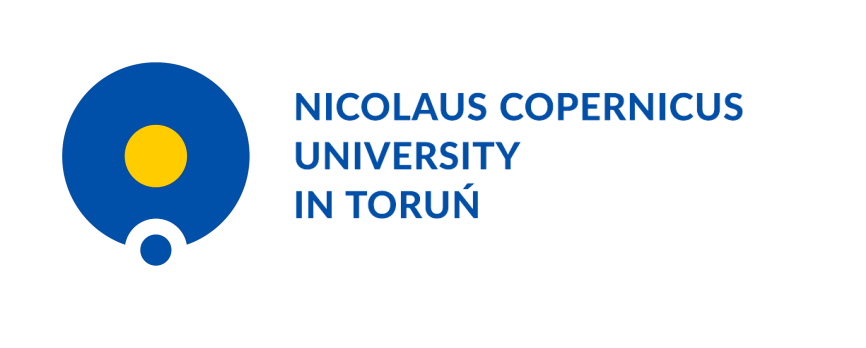Space between us: Group for interdisciplinary urban research
Leader of the group – Anna Maleszka PhD
Members of our group share an expertise in urban research. As a team of historians and sociologists of culture, we plan to develop collaborative research on the functionality of urban public spaces. Our group sees urban public spaces, on the one hand, as venues where social practices take place, where ideologies are externalised and where a certain socio-political order is established and reproduced (canvas), and, on the other hand, as elements that shape, provoke and influence social activity (catalyst). In the world where the percentage of people living in cities is close to 60, amidst a range of problems associated with urbanisation we observe an intensified atomisation of social life, which is the opposite of the essence of urban life known since the Middle Ages – community. This raises the question of to what extent changes in the functionality of public spaces contribute to this process; whether an appropriate use and development of contemporary public spaces could help counteract these tendencies.
Historians and sociologists similarly describe and interpret the interactions of urban society and urban public space, especially when power and ideology is entered into the equation; drawing on different sources and referring to different eras, both disciplines perceive mechanisms and processes of long duration on a similar theoretical basis. Bringing historians and sociologists of culture together increases the practical applicability of historical research and provides a broader context for socio-cultural research. The overarching aim of the cooperation is to construct a common methodological and conceptual framework, a model of cooperation between historians and sociologists of culture in the study of long-lived phenomena. Our group’s development should be geared towards achieving this goal.
The focal points of interdisciplinary cooperation include:
- spectrums of use and impact of public spaces in relation to models of participation, community, citizenship and power throughout history and today. (e.g. shared use of space vs. sense of community, common good vs. functionality of space, participation vs. hegemony, impact of tourism on the character of public spaces, urban celebrations and festivals, models and modes of communal consumption).
- manifestations of the adaptation of public spaces to changing social expectations (livelihoods, aesthetics, e.g. concepts for the development of fringe belts, impact of homelessness on public spaces) and ecological conditions (e.g. protection from and containment of environmental crises, revitalisation of public recreation areas).
Anna Maleszka, PhD – a graduate of two faculties at the University of Toruń – history (MA in 2015) and English philology (MA in 2016), she received her PhD in the discipline of history in 2022 on the basis of the thesis entitled. “Urbanization on the Fringes of Latin Europe. A comparative study of urban development and urban landscape in Prussia, Inflants and Ireland in the 12th-14th centuries,” awarded by the Council for the Scientific Discipline of History at Nicolaus Copernicus University. Since April 2022, she has been employed as an assistant professor at the Faculty of Historical Sciences of the Nicolaus Copernicus University. She is a medievalist, her research interests include in particular the history of cities, the history of the Crusades, ancient and modern narratives about cities and historical processes. Anna Maleszka carried out an internship at Trinity College Dublin (2017), worked and works as a member of research teams in projects funded by NCN and NPRH, including Harmony and National Heritage. From 2017 to 2022, she headed the NCN Prelude project. She remains a member of the team of the historical atlas of Polish cities, awarded by the Marshal of the Kuyavian-Pomeranian Voivodeship, among others, a member of the Atlas Working Group operating at the International Commission for the History of Towns, and secretary of the editorial board of Ordines Militares Colloquia Torunensia Historica. Yearbook for the Study of the Military Orders. She is co-founder and organizer of the Torun editions of the Forum of Young Researchers in the History of Towns, held in conjunction with the annual conference of the Commission for the History of Towns at the Committee on Historical Sciences of the Polish Academy of Sciences. In the first half of 2023, she is doing her first postdoctoral fellowship in Santander at the Universidad de Cantabria.


 ul. Gagarina 7, 87-100 Toruń
ul. Gagarina 7, 87-100 Toruń